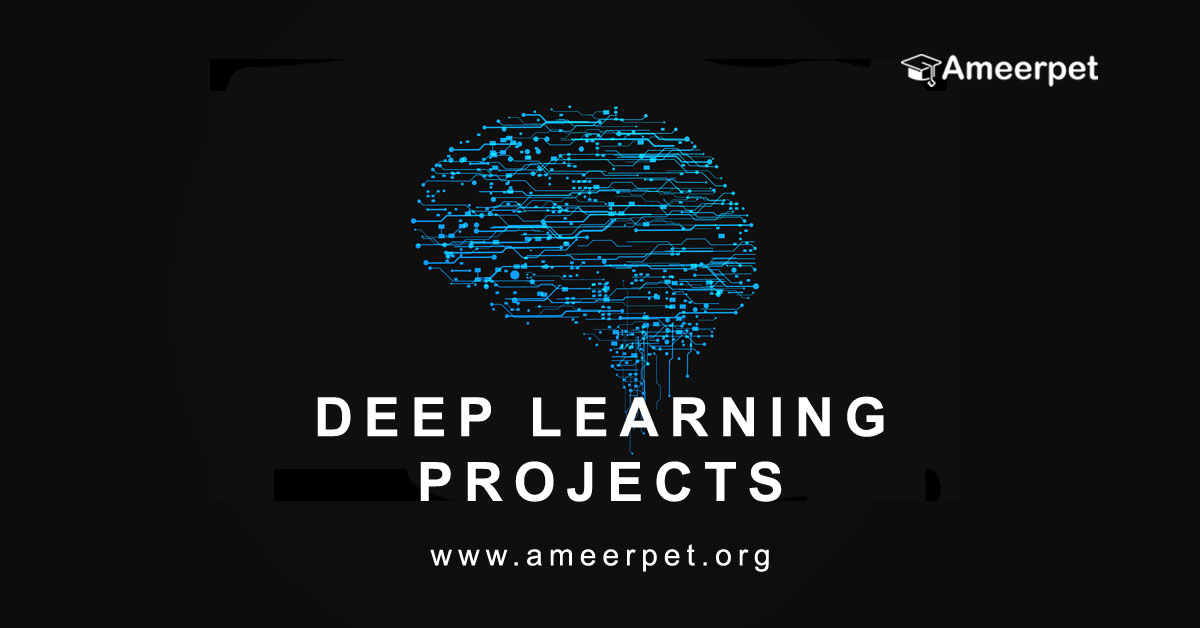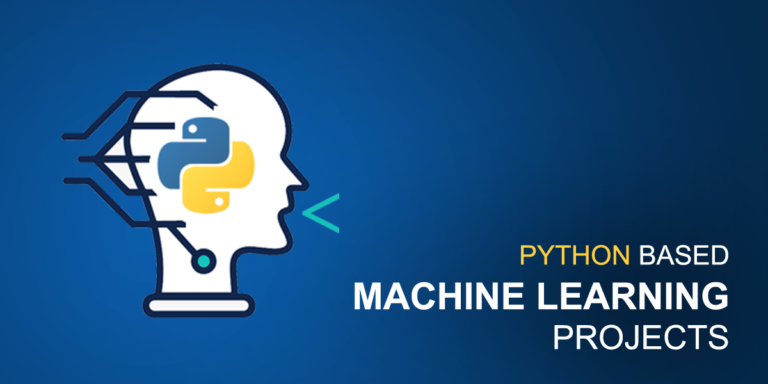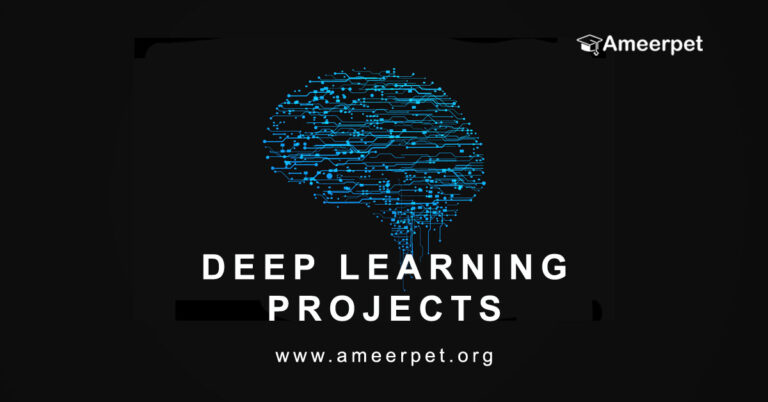
Abstract:
Safety requires drowsiness detection. An automatic drowsiness detection system using pervasive sensor data (e.g., video, physiology) and machine learning has been extensively researched. However, most existing methods are based on complicated wearables (e.g., electroencephalogram) or computer vision algorithms (e.g., eye state analysis), making them unsuitable for field use. Due to limited simulation experiments, these methods produce insufficient data. We propose a novel, easy-to-implement driver drowsiness detection method based on full non-invasive multimodal machine learning analysis. Self-reported questionnaires in pre-designed protocols estimated drowsiness. First, we include environmental data like temperature, humidity, illuminance, and more to supplement accelerometer or actigraph data. Second, we show that daily life data models can still predict subject performance in a simulator, which may improve future data collection methods. Finally, we study various machine learning methods, including classic “shallow” models and recent deep models. Our drowsiness detection methods achieve 64.6% unweighted average recall in a subject-independent scenario.
Note: Please discuss with our team before submitting this abstract to the college. This Abstract or Synopsis varies based on student project requirements.
Did you like this final year project?
To download this project Code with thesis report and project training... Click Here


